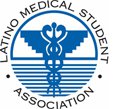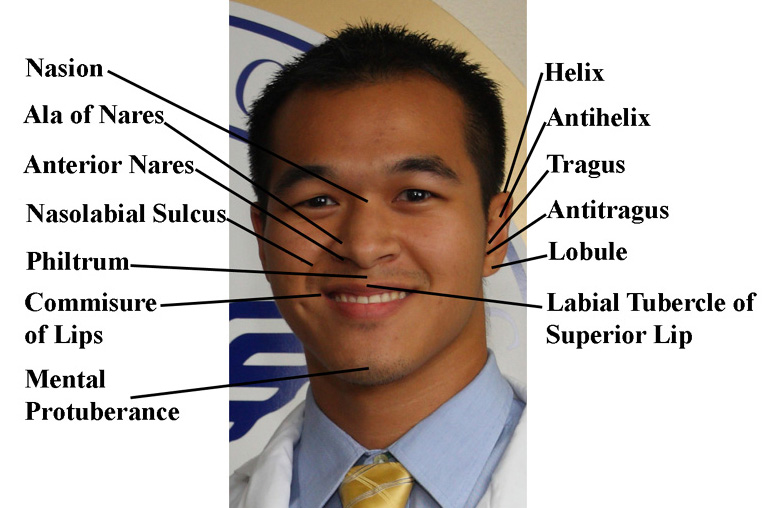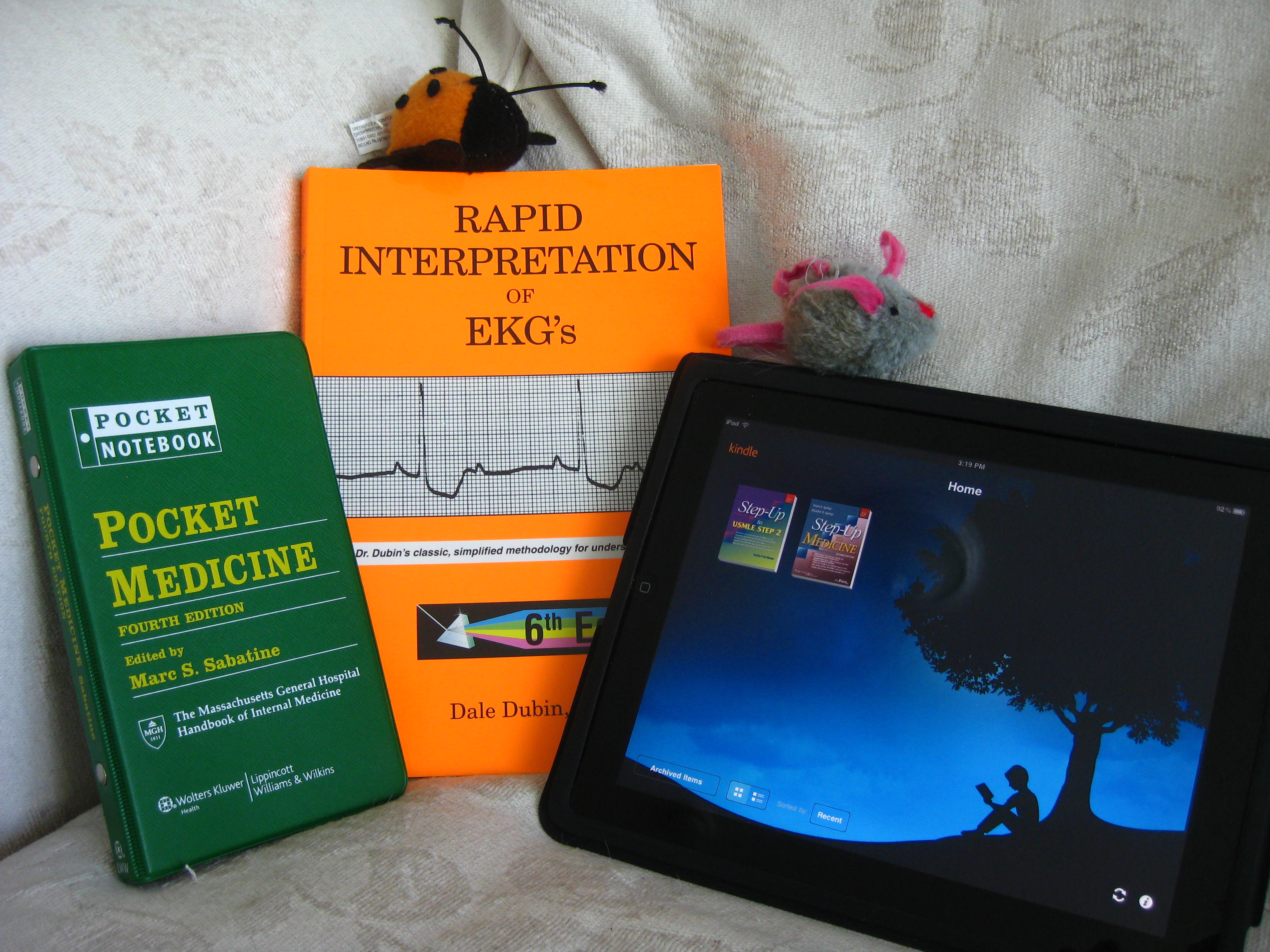Tower of Babel
 Being multilingual opens up tons of opportunities for doctors to communicate better with patients. By far, Spanish is the second most common language spoken in the United States (and the world) and it is growing. Some places in the US, Spanish first-language speakers are the majority. Here in Miami, Spanish is the language of the streets and the workplace, and a language that crosses social-economic and ethnic boundaries. It is important for both patients and doctors to know each other’s languages so they can mutually find common grounds in communication to give the best health care. For those of you who want to improve your medical Spanish, clinical rotations in Miami are a great way to do this.
Being multilingual opens up tons of opportunities for doctors to communicate better with patients. By far, Spanish is the second most common language spoken in the United States (and the world) and it is growing. Some places in the US, Spanish first-language speakers are the majority. Here in Miami, Spanish is the language of the streets and the workplace, and a language that crosses social-economic and ethnic boundaries. It is important for both patients and doctors to know each other’s languages so they can mutually find common grounds in communication to give the best health care. For those of you who want to improve your medical Spanish, clinical rotations in Miami are a great way to do this.
Thus far, every attending I have had in my rotations in Miami have been able to speak both English and Spanish proficiently, and I’ve been able to pick up on the way they greet, ask questions, and interact with patients in the language. Particularly in Miami where the Haitian population is also significant, several of my attendings even learned the basics of Kreyòl (Haitian Creole) in addition to being fluent in Spanish and English, to open themselves up to Haitian patients, despite not being native Kreyòl speakers themselves. But at this point, I’m not too desperate in looking for a copy of Rosetta Stone Kreyòl yet, if it even exists. Just the Spanish alone is enough to keep me busy, let alone the medicine.
There’s nothing more invaluable than the opportunity to practice your language skills on live patients, and using it everyday for nearly all your patients, and this is exactly what Erin (my rotation buddy) and I have been doing these past few weeks at Miami Beach Community Health Center. I feel lucky to be working with another student who is just as enthusiastic as me in practicing using Spanish. We’ve been helping each other out a lot, and using Spanish as much as we can with the patients, and because of this, I felt our Spanish skills have really improved with this rotation. I’m now pretty comfortable in doing a pediatric history and physical completely in Spanish, as I’ve probably done nearly a hundred of them already. I’m still not completely comfortable in counseling patients on more complex matters, but that will come with time and practice and more familiarity with the language.
Rotating in Miami has its advantages and disadvantages. While some students may find the prevalence of Spanish language in the hospital to be a barrier to their medical education, for someone like me who already knows some Spanish but wants to improve on it, it is definitely a unique advantage not often found in rotations elsewhere.
Here are some useful phrases I’ve been using!
Buenas! Me llamo Benjamin y soy estudiante de medicina. — Hello! My name is Benjamin and I am a medical student.
Voy a examinarle antes de que venga el médico — I’m going to examine you before the doctor comes.
Como te llamas? Cuantos años tienes? Que grado vas a empezar? — What’s your name? How old are you? What grade are you about to start?
Por que viene hoy? — Why do you come today?
Qué lo trae por aquí hoy? — What brings you here today?
Esta aqui para control y vacunas? — You are here for a check-up and vaccines?
Algo mas? Hay otros sintomas? — Anything else? Are there other symptoms?
Todo bien? — All good?
Tiene tos/fiebre/congestión/vomito/diarrea/estreñimiento/alergias? — Do you have cough/fever/congestion/vomit/diarrhea/constipation/allergies?
Esta tomando medicinas? — are you taking any medication?
Como se siente? — How do you feel?
Hace cuando empezó el problema? — When did the problem start?
Esta comiendo/durmiendo bien? — Are you eating/sleeping well?
Esta haciendo pupu bien? — Is he pooping ok?
Que come ella? Que tanto? — What does she eat? How much?
Son las vacunas al dia? — are your vaccines up to date?
Cuantas semanas de embarazo tenia cuando nacio su bebe? natural o cesaria? Termino completo? — How many weeks of pregnant were you when your baby was born? Natural or C-section? Full term?
Recuerda cuantas libras tenia cuando nació? — Do you remember how many pounds she was when she was born?
En el pasado, ha tenido hospitalizaciones/cirugias? — In the past, have you had hospitalizations/surgeries?
Puede poner dos palabras juntas? Puede hacer oraciones? — Can he put two words together? Can he make sentences?
Hay mascotas en la casa? Hay otros niños en la casa? — Are there pets in the house? Are there other kids in the house?
Quien vive en la casa? — Who lives in the house?
Hay alguien en la casa que fuma? — Is there anyone in the house that smokes?
Hay alguien en la familia con diabetes/presion alta/cancer/asthma/problemas con el corazon or los pulmones? — Is there anyone in the family with diabetes/high blood pressure/cancer/asthma/heart or lung problems?
Ya te puede subir/bajar — You can get up/get down now.
Voy a examinar los oidos — I’m going to examine your ears.
Abra la boca por favor. Saca la lengua — Open your mouth please. Stick out your tongue.
Respira profundo por favor — Take a deep breath please.
Sopla el papel con fuerza como velas de cumpleaños, como asi! — Blow the paper with force like birthday candles, like this!
Otra vez. Otra vez. Otra vez. — again. again. again.
Acuestate/Levantate/Sientate por favor — Lie down/get up/sit up please.
Mira la luz. Siga mi dedo sin mover la cabeza— Look at the light. Follow my finger without moving your head.
Donde le duele? — Where does it hurt?
Choca los cinco! or Chócala! — Give me high five!
Tiene otras preocupaciones o preguntas para mi? — Do you have other concerns or questions for me?
El médico viene muy pronto. Gracias! — The doctor is coming soon. Thank you!













